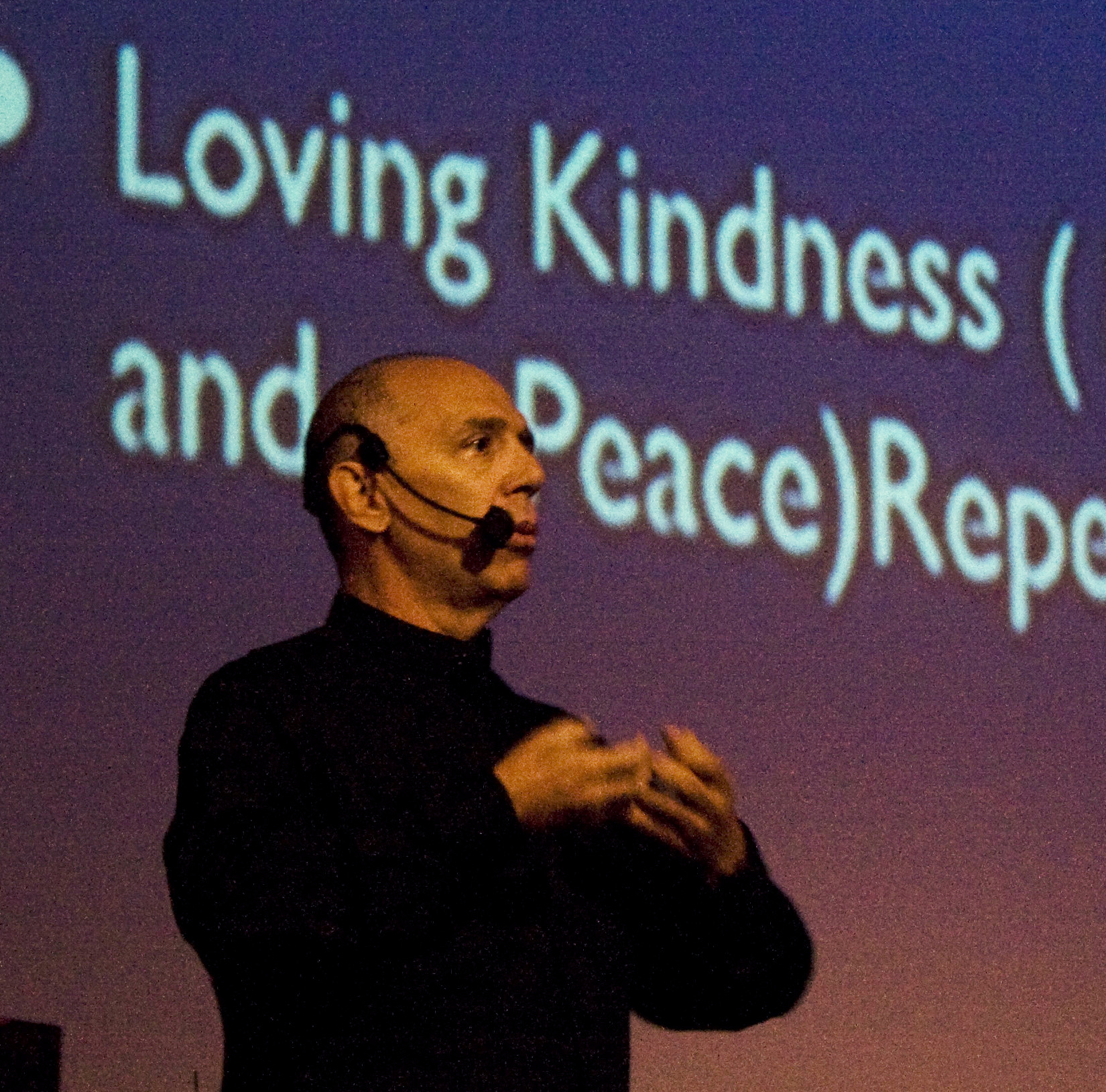Mindfulness Training is a powerful tool for transformation that is just beginning to be understood and implemented in the mainstream business environment. Mindfulness has practical implications in the everyday workplace that can positively impact a wide range of issues including health, safety, teamwork, trust, sales, and efficiency to name a few.

![]()
Applied Zen Techniques
- Focused Breathing
A basic way of clearing your head of distractions so that you can concentrate is focusing on your breathing, which leads to relaxation of your body and mind. When you are relaxed you are more focused and effective in the task at hand.
As your mind is focused on your breathing, your senses take in the situation around you unencumbered and unfiltered. You begin to see things as they unfold, hear and listen to sounds as they come, feel and smell aromas as they arise without automatically shutting any of it out or reflexively reacting to them.
Continued practice of focused breathing will help you deal with situations in a more rational and objective manner. It lets you put things in perspective. And it gives you insight into the way your body responds under different situations.
- Beginner’s Mind
At CIA, we as improvisers are experts at creating from nothing and starting from the zero point. In Zen, this is known as beginner’s mind. When we first learn something, we begin without concepts, knowledge, or any ideas about the subject. Maintaining a beginner’s mind, even in things that we are already experts, means not to carry any preconceived ideas and beliefs when confronting situations.
A beginner’s mind protects us from over-conceptualizing, over-thinking and over-analyzing a situation. We are better able to think outside of the box because we respond appropriately to the needs of each situation. When we think we already know what is going on or that we are already experts in our field we are trapped in one mode of thinking.
- Consciousness/Mindfulness
It is not easy to let go of our thoughts, feelings and tension as they arise. Commotion, distractions and other people requiring our attention surround us. Being Mindful is basically being aware of our external and internal environment, and accepting all of the thoughts and feelings that arise in us without judging them or shutting them out.
When we observe our reactions and feelings, we take a step back and need not be a slave to them. Because we are not lost in the stories in our own heads, we are able to deal with what “is”, rather than what “should be.”
![]()
Benefits
Primary
- Builds Concentration and Focus
- Self Knowledge – both the workings of little self (ego) and awareness of the Big Self (True Divine Nature)
- Calmness
- Compassion
- Spontaneous Joy
Secondary
- Improves health and wellbeing
- Increases willpower and builds character

